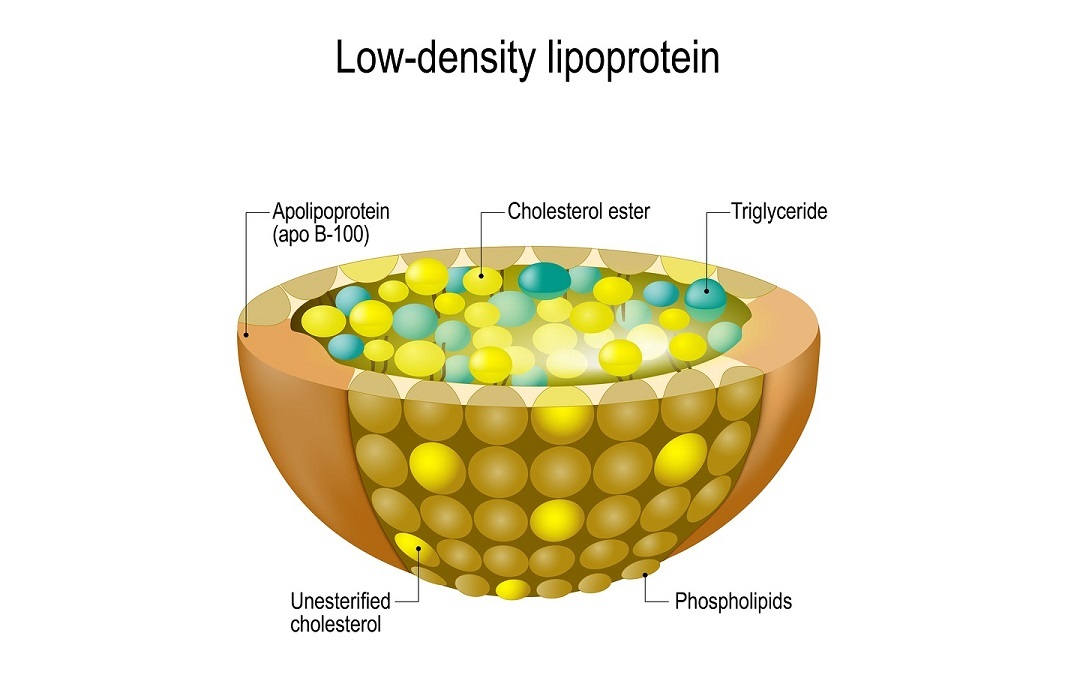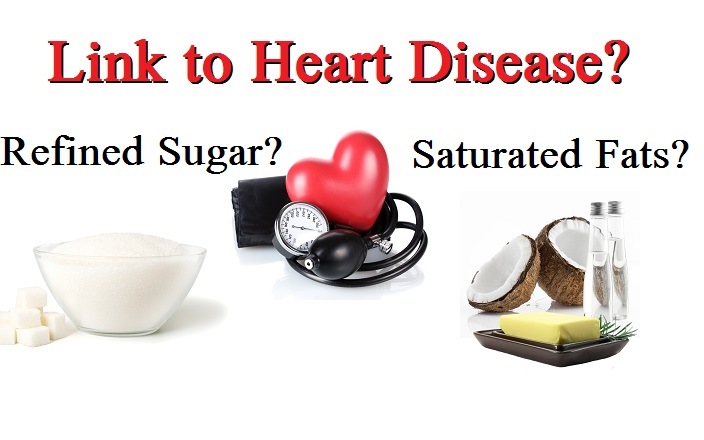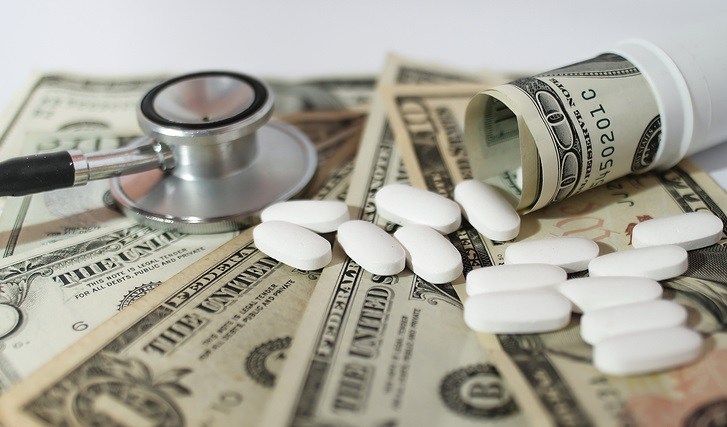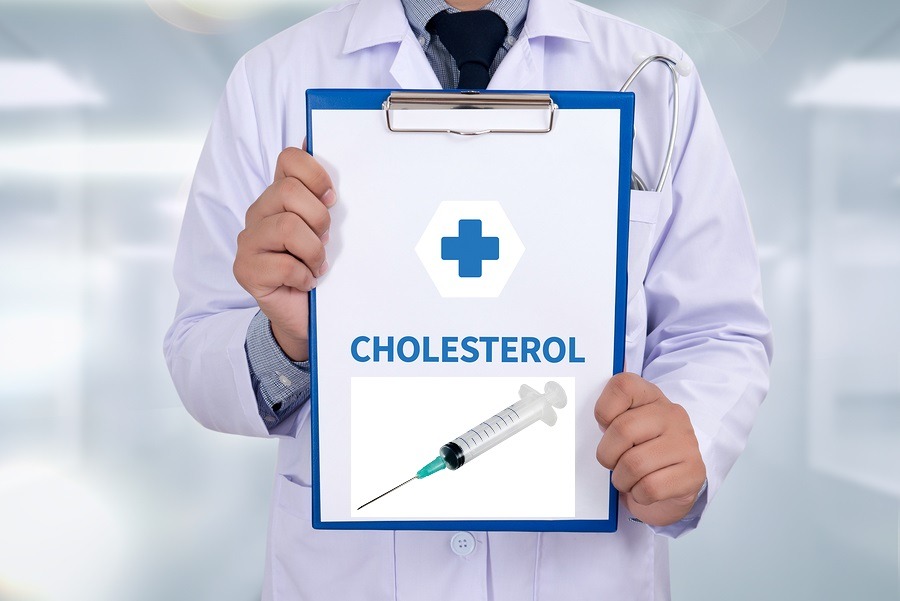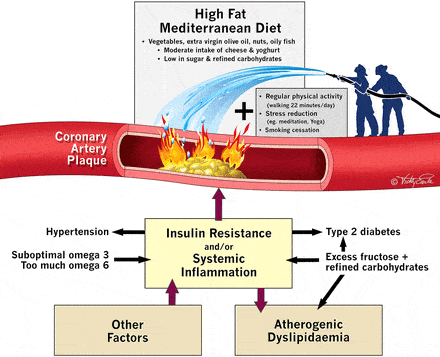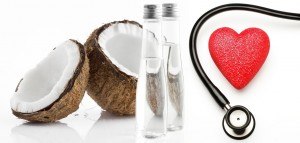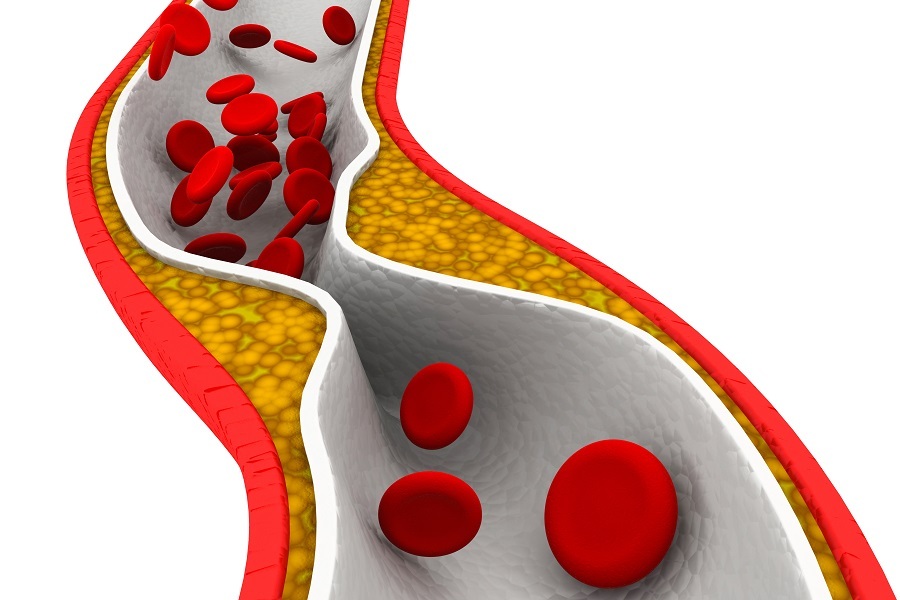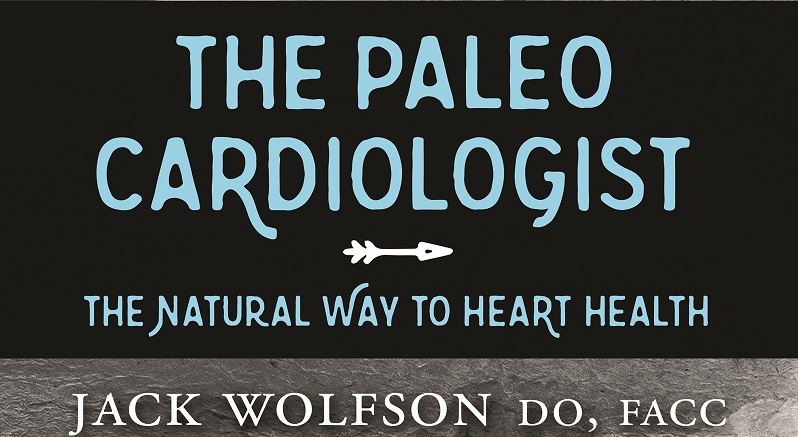Study: Cholesterol-Lowering Statin Drugs Associated with Increased Shingles Outbreaks
A recent meta-analysis review study looked into the association of cholesterol-lowering statin drug use with herpes zoster or shingles outbreaks, and determined there was a strong association of higher risk of shingles for older people who take statin drugs. Herpes zoster, more commonly known as shingles, is a painful skin irritation marked by rows of small sores with tiny blisters. It often strikes people over 50 who have experienced chickenpox during childhood. It’s suspected that this occurs when one’s cellular immune system is lowered enough to allow activating the dormant varicella virus (chicken pox) remaining after an earlier recovery from it. What may appear at first as non-threatening small skin lesions can become painful and more debilitating than chickenpox. This reactivated, more virulent form of varicella virus can damage nerves enough to develop into postherpetic neuralgia, which rephrased in layperson's language is "after herpes came intense nerve pain." Acute and chronic peripheral nerve pain may exist in the areas where the shingles skin lesions are located. The consequences can be lethal.





